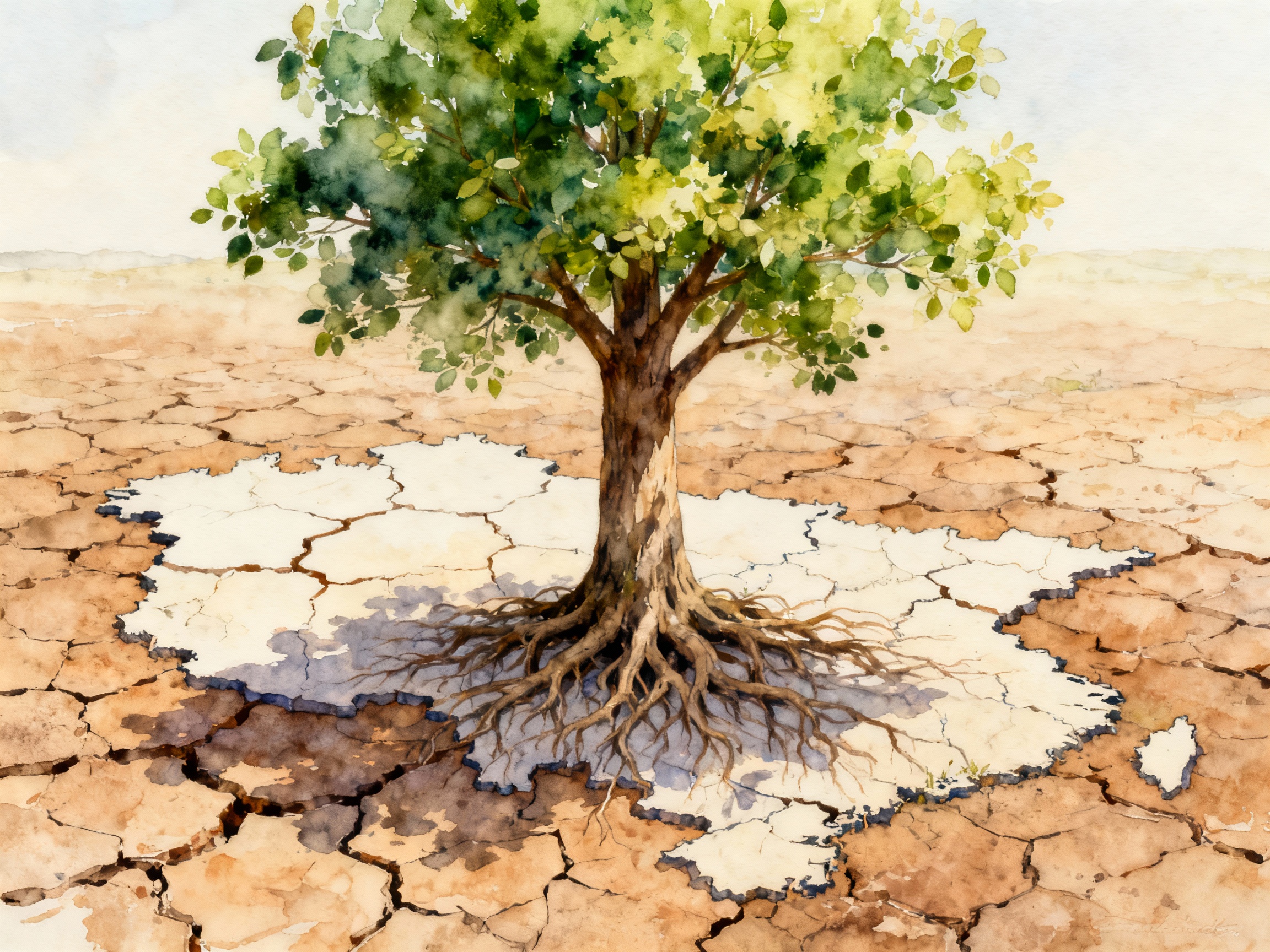
I am trying to understand what political views I hold. The question seems simple, but the answer is not. I do not place myself in ready-made ideological boxes: liberal, conservative, socialist. Instead, I have developed a set of principles for myself—a moral and political compass that helps me evaluate any ideas, parties, and programs. It is not a doctrine, but rather a coordinate system.
1. Governance: the power of local communities
I am convinced that decisions should be made at the lowest level possible and competent. The ideal society is not a rigid hierarchical pyramid, but a network of strong, interconnected communities.
What does this mean? Maximizing the empowerment of local self-government. Issues of education, infrastructure, partial social assistance, and culture should be resolved in cities and districts, not in the capital.
Why? This brings power closer to the people, making it more transparent and responsive. People know their problems better and can participate more effectively in solving them.
What do I avoid? Overgrown, all-controlling central power that suppresses local initiative and standardizes the diversity of lifestyles.
2. Economy: ethics above efficiency
I do not believe that the economy can exist in isolation from morality. Its goal is not the unrestrained growth of indicators, but human well-being and the preservation of the planet.
What does this mean?
Decent work. I am against labor exploitation in any form—from knowingly unpaid wages to modern forms of slavery. The economy should serve people, not the other way around.
Fair rules. Supporting fair competition, a tough fight against monopolies, and demanding transparency from big business.
Environmental responsibility. Economic activity should not destroy our habitat. This is not "green" activism, but a basic condition for survival.
Social function. The state should be an active arbitrator, guaranteeing people a decent minimum—protection from extreme poverty, access to basic healthcare and education. This is a matter of social stability and human dignity.
What do I avoid? Both radical market fundamentalism, justifying social inequality, and total state control of the economy, killing private initiative.
3. Social sphere: dignity and inclusion
The key principle is the unconditional recognition of the dignity of every person, regardless of their origin, beliefs, or characteristics.
What does this mean?
Strong social protection. Supporting those in need: the elderly, people with disabilities, low-income families, refugees.
Inclusiveness. Creating reasonable conditions for the full participation of all members of society. This is not about "privileges," but about equal opportunities.
Pragmatism in problem-solving. Instead of ideological wars, finding practical solutions. Combating domestic violence, supporting mental health, rehabilitation programs—these are not "agenda" issues, but issues of safety and well-being of citizens.
Dialogue instead of enmity. I believe in interfaith and intercultural cooperation. Firmness in one's principles should not lead to hatred of others. Joint projects aimed at the common good are much more productive.
4. Justice: correction, not revenge
I consider the punitive paradigm of justice ineffective and inhumane. The system should aim at restoring justice for the victim and rehabilitating the offender.
What does this mean? Supporting restorative justice models, where conflict parties meet to make amends and find a path to correction. Emphasis on mediation, reintegration programs, and reducing the prison population where possible.
Why? Because a prison without a goal of correction is a school of crime. Because for the victim, making amends is often more important than abstract punishment of the offender.
A separate principle is the protection of truth-tellers. Unconditional support and protection for whistleblowers (very important) who risk everything to expose corruption and abuses.
5. Technology and information: skepticism and responsibility
Technological progress is not inherently beneficial. It requires ethical reflection and regulation.
What does this mean?
Regulation of big technologies. Algorithms that govern our lives should not be "black boxes." Systems manipulating behavior or discriminating against people are unacceptable.
The right to explanation. If a decision affecting my life (credit, job, justice) is made by an algorithm, I have the right to understand the logic of this decision.
Media literacy. Combating disinformation is not a matter of censorship, but a matter of education. Critical thinking, source verification, and the ability to recognize manipulation are vital skills for a modern citizen.

6. Foreign policy: power for protection, help for those in need
My position can be described as "defensive pacifism" or "non-interventionism with active humanitarianism."
What does this mean?
Skepticism towards interventions. I am extremely skeptical of military interventions under the pretext of "exporting democracy" or regime change. History shows that this leads to chaos, suffering of civilians, and increased hostility.
Power for defense. The army should be strong and modern, but its main and only task is the reliable protection of the country's borders and citizens.
Active humanitarian policy. Instead of intervening in conflicts, help their victims: peacekeeping missions, support for refugees, humanitarian aid, reconciliation diplomacy.
Conclusion: a system of filters, not a label
Thus, I cannot describe myself with one word. My views are a system of filters through which I pass any political idea.
It filters out:
Authoritarianism and excessive centralization of power.
Economic exploitation and ignoring environmental responsibility.
Social intolerance, xenophobia, and discrimination.
Punitive justice and neglect of human rights.
Irresponsible use of technology and manipulation of information.
Aggressive interventionism and imperial ambitions.
This coordinate system does not provide easy answers, but it helps to ask the right questions and remain true to the principles of human dignity, justice, and common sense in a complex world.

Leave a comment
Comment